NATO mulls long-term military support plan for Ukraine: Euronews
)
The debate comes as better armed Russian troops assert dominance on the battlefield.
NATO has begun debating a plan to provide more predictable military support to Ukraine in the coming years, as the Russian invasion grinds on.
“We strongly believe that support to Ukraine should be less dependent on short-term, voluntary offers and more dependent on long-term NATO commitments,” NATO Secretary-General Jens Stoltenberg said before chairing a meeting of the alliance’s foreign ministers.
Foreign ministers from its 32 member states met in Brussels on Wednesday ahead of NATO's 75th anniversary.
“The reason why we do this is the situation on the battlefield in Ukraine. It is serious,” Stoltenberg told reporters. “We see how Russia is pushing, and we see how they try to win this war by just waiting us out.”
Moscow has recently had the upper hand in the ongoing conflict with Ukraine, due to a shortage of infantry combined with a severe ammunition shortfall.
The plan is to have NATO coordinate the work of the Ukraine Defence Contact Group - a forum of around 50 countries that has regularly gathered during the war to drum up weapons and ammunition for Ukraine - rather than the US European Command.
US General Christopher Cavoli is NATO’s top military commander as well as the head of US European Command, so the person in charge would not change.
However, Stoltenberg has said a formal “institutional framework” provided by NATO is needed as the war drags on.
While the move would not see NATO directly providing weapons to Ukraine - with the US-led alliance only agreeing to send non-lethal aid like demining equipment, fuel and medical supplies - it would mark a new phase in its involvement in the war.
Under the new plan, which is expected to be endorsed by US President Joe Biden and his counterparts at their next summit in Washington in July, NATO would coordinate the military side of Ukraine support efforts by assessing Kyiv's needs, collecting pledges and running meetings.
The Financial Times newspaper reported that the multi-year plan could involve up to $100 billion, but Stoltenberg declined to provide details.
Read original article here.
